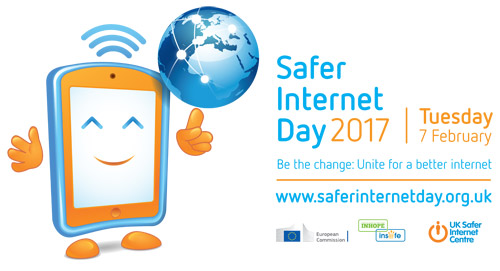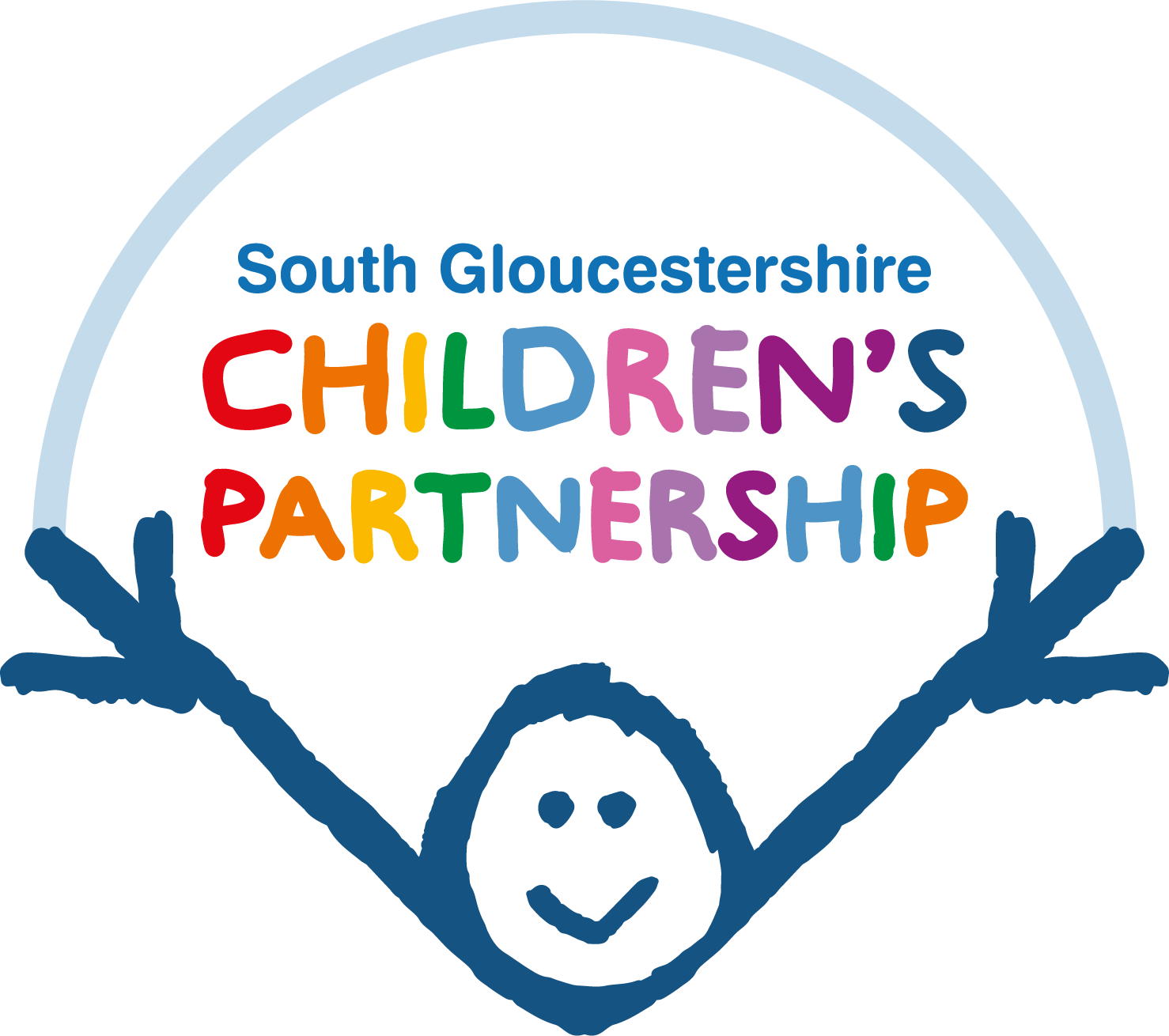Online safety
The internet has become part of everyday life for people of all ages. However, it can be a useful tool for people wishing to exploit children and it is important to protect children using the internet.
Recent high profile cases in the news have revealed that internet chat rooms can be used by paedophiles to establish deceptive relationships with children. They then ‘groom’ children to become victims, either psychologically on the internet itself, or by arranging to actually meet them. Often victims believe that they are chatting to other children on-line.
Internet pornography can cause psychological damage to children who are exposed to it. Worse still, the internet is a major method by which pornographic images of children are obtained and exchanged by exploitative adults. Sadly such images are high in demand, so pornographers will go to extreme lengths to entice and coerce children into getting involved against their will.
There are always ways in which you can help to protect your child on-line and ensure that the internet is a safe way to learn and have fun. Ask your internet service provider (ISP) or local computer specialist about installing parental controls which can prevent your child accessing websites with sexual content. These methods cannot provide a total safeguard but do offer some protection.
It is important to learn all you can about the internet. In the same way that you would teach your child about the dangers from strangers, warn your child about the dangers on the internet and lay down some ground rules regarding the time they spend on-line. If possible, avoid your child going on-line in private, or at least ensure you have access to their computer. Make sure that they know they should never arrange to meet a new friend made on the internet without a trusted adult present. Watch out for possible signs of exploitation or abuse. Some of these signs are often completely innocent, but look out for changes in your child’s mood or behaviour, sleep disturbances or bedwetting, unexplained marks, problems at school, going missing or self harm, asking about sexual experiences and terminology or evidence of pornographic material. Be especially aware of any new friendships between your child and older people, whether male or female. If your child does experience some form of exploitation, whether mild or severe, it is crucial to be 100% supportive, make it clear that it is not their fault and that you are there to help and protect them no matter what.
Local police and social services have specialist teams who are specially trained to counter these forms of exploitation and offer support to children and parents. See contact details below.
Child exploitation has devastating effects on children, both mentally and physically.
- Know where your child is and be familiar with their friends and daily activities.
- Teach your child to trust their own feelings and assure them it is ok to say ‘no’ to what they sense as wrong.
- Exploitative adults have been quick to use the internet as a tool. They are sophisticated and well practiced in how they approach children.
- Prolonged, secretive periods on the internet, changes in mood or behaviour, inappropriate sexual behaviour, asking questions about sexual experiences or terminology are all warning signs.
- Be sensitive to your child’s behaviour. It is up to adults to recognise the signs of sexual exploitation.
- Teach your children about the danger from strangers, warn your child about the dangers on the internet and lay down some good ground rules regarding the amount of time they spend on-line.
- Research from the NSPCC revealed that one in five 9 to 16 year-olds use internet chat rooms.
Helpline telephone numbers
- Internet Watch hotline: 0845 600 8844
- NSPCC: 0808 808 5000
- Avon and Somerset Constabulary: 101
National Campaigns
Think U Know – The world changes. Children don’t

